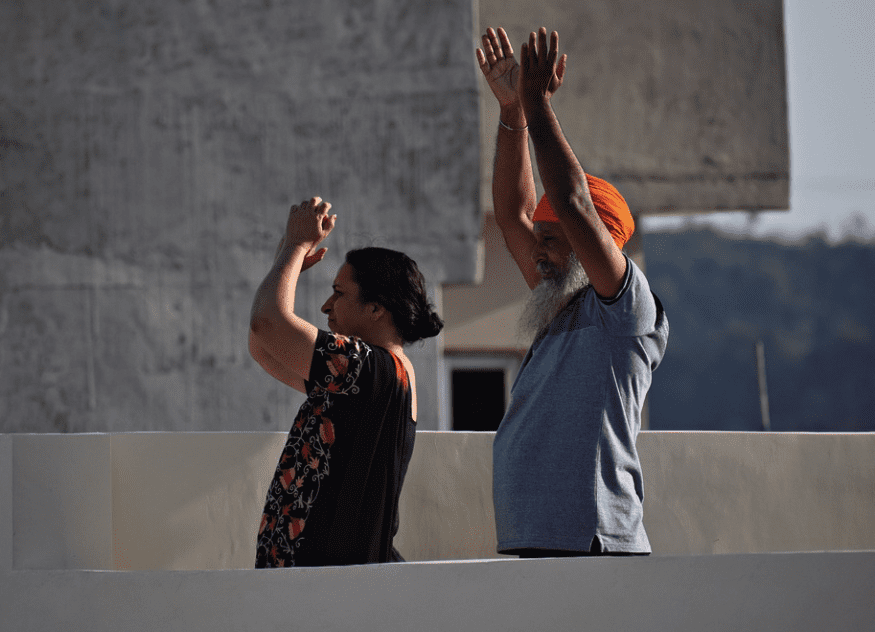Dr. Michael Grossman Talks About Exercise and Longevity
Welcome to the Age Gracefully Show with Dr. Michael Grossman, a renowned anti-aging stem cell and regenerative medicine specialist, best-selling author, and founder of the OC Wellness Clinic in Irvine, California. He shares the latest information each week to help you look and feel your best, so you can age gracefully. I’m your host, Dr. Michael Grossman.
I am Dr. Michael Grossman, an anti-aging specialist, here to discuss aging gracefully. In today’s episode, we’ll focus on the significance of exercise for longevity, safe exercise practices, and what to do if you encounter an injury.
The Importance of Exercise for Longevity
Exercise is a critical factor in maintaining youthfulness and vitality as we age. Research demonstrates that engaging in moderate exercise can extend lifespan. As we become sedentary, we lose muscle mass and strength. Our bodies also experience a decline in hormones that contribute to muscle endurance. Unlike when we’re younger, it’s more challenging for individuals in their 60s or 70s to take a break from exercise and then resume without difficulty. Regular exercise helps retain muscle strength, prevents heart disease, and enhances brain function. Certain exercises requiring coordination, like ballroom dancing or tennis, have proven especially beneficial for brain health.
Exercise Intensity and Heart Rate
As we age, we need to exercise at a controlled intensity to avoid pushing our heart rate beyond 140 beats per minute. Going over 150 beats per minute can strain the heart, making it less efficient. A heart rate of 160 or above puts the heart under excessive stress, potentially leading to complications. Gradually building up exercise intensity over time makes the heart stronger and more efficient, reducing the risk of heart-related issues.
Protecting Tendons and Ligaments
It’s essential to be cautious with tendons and ligaments as we age. While exercise can enhance muscle strength, it may not strengthen tendons and ligaments. These structures have limited blood supply and are prone to stretching, tearing, or injury as we age. To prevent such injuries, avoid lifting excessive weights that strain these structures. Instead, focus on moderate weights with more repetitions to strengthen muscles without risking tendon or ligament damage.
Managing Injuries with Regenerative Therapies
In the event of an injury, regenerative therapies offer effective solutions. Platelet-rich plasma (PRP) is a straightforward treatment involving your blood’s growth factors, promoting healing and repair. PRP injections can aid in repairing tendons, ligaments, and even scars. For more intensive repair, exosomes, derived from newborns’ umbilical cords, provide a greater concentration of growth factors and can lead to longer-lasting healing. Wharton’s jelly, containing growth and scaffolding factors, supports the repair of cartilage and tendons.
Promoting Cartilage and Tendon Health
Nutrition plays a role in maintaining the health of cartilage, tendons, and ligaments. Supplements like glucosamine, MSM (methylsulfonylmethane), and hyaluronic acid contribute to overall joint health. Various collagen supplements sourced from animals or seashells also support these structures.
Conclusion
Incorporating exercise and mindful care for tendons, ligaments, and cartilage is essential for aging gracefully. By following safe exercise practices and exploring regenerative therapies, you can maintain your vitality and well-being as you age. I encourage you to consider these approaches for a healthier, more vibrant future.
Thank you for joining me on the Age Gracefully Show. I look forward to sharing more insights in our next episode. For additional resources and information, please visit us at ocwellness.com.




